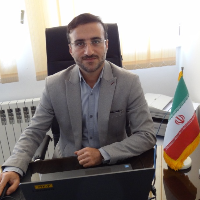Comparing Immanuel Kant's and Allamah Tabatabai's Approach to Money and Wealth
Humans and human societies have different attitudes about the role and position of money and wealth. Some of them use all their efforts to earn money and wealth. In acquiring money and wealth, some make efforts in the right way and others in the wrong way. Some of the harms of the present age, such as war, are rooted in the wrong way of acquiring wealth and money. One of the thinkers who addressed this issue in some of his works is Immanuel Kant. According to Kant, wealth in individual and social life is strongly influenced by his material foundations. This research compares his view on money and wealth with Allamah Tabatabai's view using descriptive-analytical method and using library resources. The findings of the research indicate the existence of commonalities and differences. Paying attention to money and wealth and staying away from poverty are common concerns of these two thinkers. But the macro view and the small view of these two have fundamental differences with each other. Allamah Tabatabai explains a more comprehensive policy about money and wealth with a religious perspective, which can be a model for the present age.
-
Examining the Philosophical and Theological Views of the Negative Attributes Related to God Almighty
Seyyed Abazar Nabavian*, Abbas Bakhshandebali
Andishe-Novin-E-Dini, -
Comparison of Ibn Arabi's and Suhrawardi's views on salvation from worldly veils
*, Abdolrahman Bagherzadeh
Journal of Islamic Mysticism,



